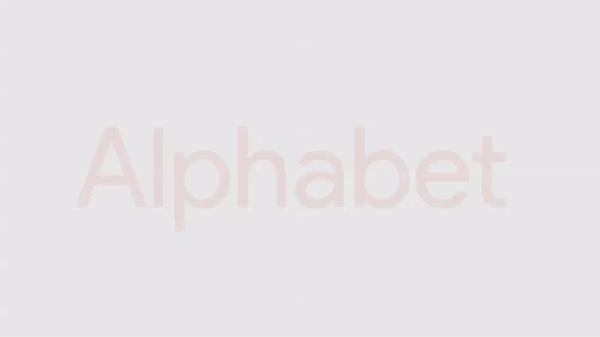Google and YouTube parent company Alphabet reported $27.7 billion in ad revenue for the fourth quarter of 2017, despite rising concerns about brand safety. In fact, roughly 85 percent of Alphabet’s earnings for the last quarter came from advertising.
Over the last year, advertisers on YouTube have lashed out against the company for displaying their brands next to extreme or offensive content. YouTube responded by removing certain videos and enacting stricter guidelines for what type of content can be monetized by creators.
During the company’s fourth quarter earnings call, Google chief executive Sundar Pichai assured investors it was working to stop abuse on the platform, and that a few weeks prior it had “announced changes to advertising on YouTube.” Pichai was referring to a new task force of 10,000 employees that will moderate and review videos that could be in violation of YouTube policy. Working alongside machine learning software, the new team will enforce stricter criteria on the channels earning money from ads. YouTube’s newly-enacted changes also restrict monetization to those with at least 1,000 subscribers and 4,000 hours of watch time in the past 12 months.
Amid struggles to balance the needs of advertisers with users and content creators, Alphabet revenue climbed to an all-time high of $32 billion from $26 billion last year and exceeding analyst predictions. Google’s cost per click (CPC) declined 14 percent during the fourth quarter, which the company attributed to the rising number of searches made on mobile devices.
YouTube isn’t Alphabet’s only brand safety concern—in August, Google issued partial refunds to hundreds of marketers who fell victim to ad fraud. The company dominates the search engine market, but has traditionally been a walled garden, leaving advertisers to hand over their budgets and hope for the best.
In response to growing demands for transparency and fraud protection, Google became TAG Certified Against Fraud last year and is reportedly developing a tool to provide more transparency in the future. Google also joined the “Ads.txt” project developed by the Interactive Advertising Bureau in 2017, which provides a mechanism to enable content owners to declare who is authorized to sell their inventory.
Alphabet remains the largest seller of online advertisements in the world, followed by Facebook. According to eMarketer, Google will account for 42 percent of US market share for digital ads this year.

